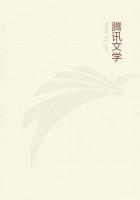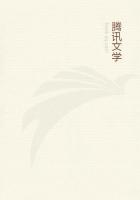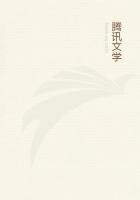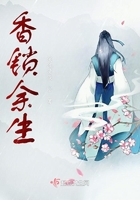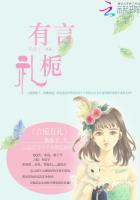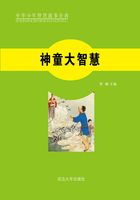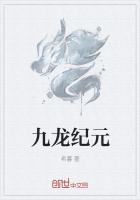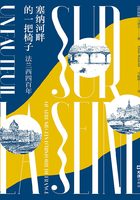Like Vanderlint, Hume treated money as a mere token of value;he copied almost word for word (and this is important as he might have taken the theory of money as a token of value from many other sources)Vanderlint's argument on why the balance of trade cannot be permanently either favourable or unfavourable to a country; like Vanderlint, he teaches that the equilibrium of balances is brought about naturally, in accordance with the different economic situations in the different countries; like Vanderlint, he preaches free trade, but less boldly and consistently; like Vanderlint, though with less profundity, he emphasises wants as the motive forces of production; he follows Vanderlint in the influence on commodity prices which he erroneously attributes to bank money and government securities in general; like Vanderlint, he rejects credit money; like Vanderlint, he makes commodity prices dependent on the price of labour, that is, on wages; he even copies Vanderlint's absurd notion that by accumulating treasures commodity prices are kept down, etc., etc.
At a much earlier point Herr Dühring made an oracular allusion to how others had misunderstood Hume's monetary theory with a particularly minatory reference to Marx, who in Capital had, besides, pointed in a manner contrary to police regulations to the secret connections of Hume with Vanderlint and with J. Massie, who will be mentioned later.
As for this misunderstanding, the facts are as follows. In regard to Hume's real theory of money (that money is a mere token of value, and therefore, other conditions being equal, commodity prices rise in proportion to the increase in the volume of money in circulation, and fall in proportion to its decrease), Herr Dühring, with the best intentions in the world -- though in his own luminous way -- can only repeat the errors made by his predecessors. Hume, however, after propounding the theory cited above, himself raises the objection (as Montesquieu, starting from the same premises, had done previously) that nevertheless "'tis certain" that since the discovery of the mines in America, "industry has encreased in all the nations of Europe, except in the possessors of those mines", and that this "may justly be ascribed, amongst other reasons, to the encrease of gold and silver".
His explanation of this phenomenon is that "though the high price of commodities be a necessary consequence of the encrease of gold and silver, yet it follows not immediately upon that encrease; but some time is required before the money circulate through the whole state, and make its effects be felt on all ranks of people".
In this interval it has a beneficial effect on industry and trade.
At the end of this analysis Hume also tells us why this is so, although in a less comprehensive way than many of his predecessors and contemporaries:
"'Tis easy to trace the money in its progress through the whole commonwealth;where we shall find, that it must first quicken the diligence of every individual, before it encreases the price of labour .'"In other words, Hume is here describing the effect of a revolution in the value of the precious metals, namely, a depreciation, or, which is the same thing, a revolution in the measure of value of the precious metals. He correctly ascertains that, in the slow process of readjusting the prices of commodities, this depreciation "increases the price of labour"-- vulgo , wages -- only in the last instance; that is to say, it increases the profit made by merchants and industrialists at the cost of the labourer (which he, however, thinks is just as it should be), and thus "quickens diligence". But he does not set himself the task of answering the real scientific question, namely, whether and in what way an increase in the supply of the precious metals, their value remaining the same, affects the prices of commodities; and he lumps together every "increase of the precious metals" with their depreciation. Hume therefore does precisely what Marx says he does (Zur Kritik etc. , p. 141). We shall come back once more to this point in passing, but we must first turn to Hume's essay on Interest.
Hume's arguments, expressly directed against Locke that the rate of interest is not regulated by the amount of available money but by the rate of profit, and his other explanations of the causes which determine rises or falls in the rate of interest, are all to be found, much more exactly though less cleverly stated, in An Essay on the Governing Causes of the Natural Rate of Interest; wherein the sentiments of Sir W. Petty and Mr. Locke , on that head , are considered . This work appeared in 1750, two years before Hume's essay; its author was J. Massie, a writer active in various fields, who had a wide public, as can be seen from contemporary English literature. Adam Smith's discussion of the rate of interest is closer to Massie than to Hume. Neither Massie nor Hume know or say anything regarding the nature of "profit", which plays a role with both.
"In general," Herr Dühring sermonises us, "the attitude of most of Hume's commentators has been very prejudiced, and ideas have been attributed to him which he never entertained in the least" {131}.
And Herr Dühring himself gives us more than one striking example of this "attitude".
For example, Hume's essay on interest begins with the following words:
"Nothing is esteemed a more certain sign of the flourishing condition of any nation than the lowness of interest: And with reason; though I believe the cause is somewhat different from what is commonly apprehended."In the very first sentence, therefore, Hume cites the view that the lowness of interest is the surest indication of the flourishing condition of a nation as a commonplace which had already become trivial in his day. And in fact this "idea" had already had fully a hundred years, since Child, to become generally current. But we are told:

